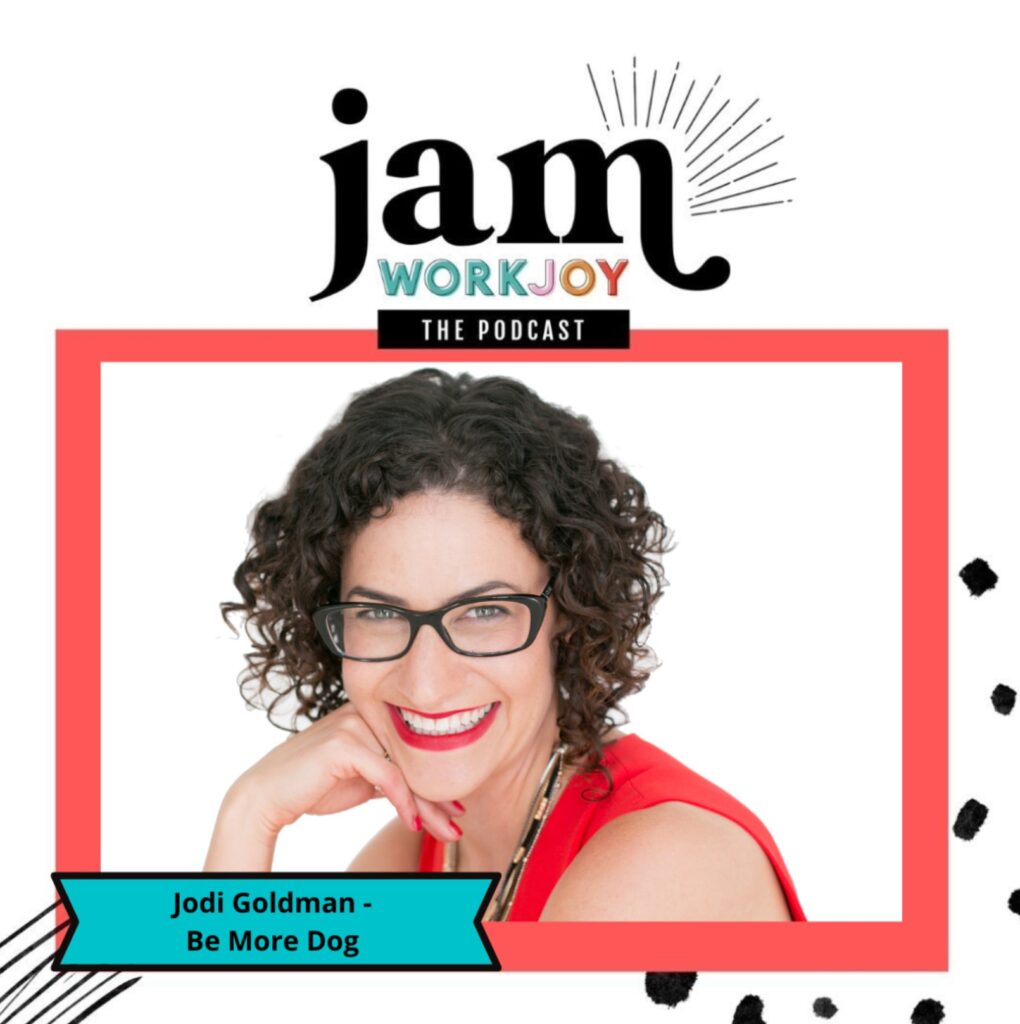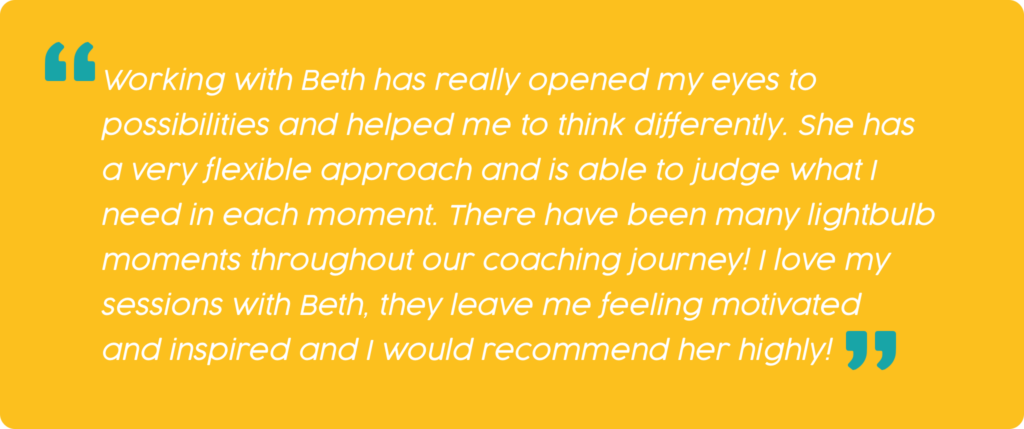THE BLOG
Stop cancelling joy
You know exactly what brings you joy but you don’t seem to have the time or the energy to actually do it…
You’re a pro at popping joyful things in your diary but also kind of a pro at cancelling them when your boss comes calling…
It’s been so long since you’ve felt real joy that you’re starting to forget what it feels like, and are losing hope of ever getting out of gloom…
I think most of us know what brings us joy. We browse bookshops, we bake, we brunch, we talk to our friends, we stretch or dance or run or walk, we make art (or just doodle!), we care for animals (or scroll pictures of them!). I have a friend who rescues dying houseplants from supermarkets and delights in bringing them back to life. But something baffling happens: even though we know what brings us joy, we don’t do it. Or we have intentions to do it that just seem to…well, die. We cancel our own joy and then some time later find ourselves in the depths of gloom and wonder how we got there. Well not any more! Sisters, I have the answers.

I’m Beth Stallwood – coach, consultant, speaker, podcast host, author and creator of all things WorkJoy. In this guide, I help you understand what brings you joy, as well as how to do more of that and less of the other floof
How to use this guide
If you know what brings you joy (you’re just struggling to do it), feel free to fast forward to ‘How to: bring joy up your to-do list’. But if you’re stuck in WorkGloom and have totally lost sight of what joy looks like for you, I really recommend starting at the start with this one. We got some reflection questions, we got some podcast recommendations – it’s a whole joy vibe in here 💃.
Contents
Know this: Gloom is slow. Joy is fast.
Sources of WorkJoy
Sources of LifeJoy
How to: bring joy up your to-do list
What is negativity bias?
How to: make choices that lead to joy
Let’s schedule in joy
What do you do for fun?
______________________________________________________________________________
Know this: Gloom is slow. Joy is fast.
WorkGloom is stifling. It’s not just a feeling; it’s a place where everything looks weirdly grey, smells like cabbage soup and you can’t summon much enthusiasm for anything much. If that’s where you are right now, two things are true:
- It sucks (sorry!)
- You didn’t get there overnight
You see, the thing about WorkGloom is that you descend into it slowly, like a cable car travelling down a mountain. The scenery outside changes only gradually, almost so you don’t see it happening. But it is happening, because now you’re in WorkGloom: twinned with Blahsville and Meh-town. Population: millions.
WorkJoy on the other hand, can be created quickly. It’s like going up in a lift. You walk in, hit ‘up’ and there’s barely a moment to look at your watch before – ‘ping!’ – you’re there. The air smells peachy, everyone is smiling (including you!), and the good vibes they spritz around can last all day.
A lot of people seem to overestimate how long and how much effort it takes to create WorkJoy, like it’s some huge project they’ll start working on in January (honestly, who are you kidding?!).
But if you know what brings you WorkJoy, you can get it pronto. And the more you get, the longer it lasts.
Sources of WorkJoy
The sources of WorkJoy are varied and depend on individual preferences, ranging from micro to massive and from minor to major in terms of their impact. It might be helpful to consider them in three buckets:
Micro-moments
These are the little moments that really add up. Ticking off an item on a to-do list, a colleague saying hello, or starting a fresh notepad. These fleeting moments of joy are just as important as the big things. They are also a great place to start when building your approach; they are easy to introduce and build great momentum.
Personal preferences
These are dependent on your style in any situation. You might feel joy from presenting to your team, or that might fill you with utter dread. Perhaps you attend some meetings that are inspiring, yet others leave you wanting to sit in a darkened room. There are likely some people at work that light you up and others that suck the positivity out of you. It is not the situation but the combination of factors that define whether it’s a joyful experience for you.
Fundamental factors
These are the unwieldy things like purpose, leadership and organisational culture. These factors are more complex, yet, when boiled down to their component parts, they are simply the accumulation of small actions and behaviours. Things that happen regularly, and are adopted by the majority, becoming part of how things are spoken about and the ‘way things are done around here’.
Luckily, sources of WorkJoy are plentiful and they have the habit of multiplying. The combination of factors, sources and actions that bring you WorkJoy on a consistent basis will be unique to you. Copying someone else’s approach may give you inspiration, yet not quite hit the mark for your circumstances, style and approach.
The things that bring you WorkJoy may also change over time. Different roles bring different opportunities, changing life stages may require you to re-prioritize, and organisations will present you with a variety of challenges. Being prepared to flex and adapt is how you build a sustainable approach.
Sources of LifeJoy
I think it’s essential that everyone knows what brings them joy. It’s a responsibility you have to yourself. That’s why there’s no point in me listing out sources of LifeJoy here. They’re unique to you. And they’re incredibly precious.
I’ll tell you a quick story about LifeJoy, though. Back at the beginning of lockdown, I found myself doing something strange. I was finger-tapping my desk. Tap, tap, tappety tap. It was decidedly odd and went on for a few months before I realised in one of Oprah’s classic lightbulb moments, that my fingers were playing a non-existent piano!
So you know what I did? Yup, I bought myself a piano (thankfully we’d just moved from a flat to a house). I soon discovered that when you haven’t practised for 20 years you’re a bit, er…rusty, but that there is a huge amount of joy to be found in being a re-beginner. There’s also joy in playing as a grown-up, just for fun, for ten or so minutes at a time.
I also discovered that I don’t even have to be good at piano to enjoy it. On that point, my dog (my other primary JOY purchase) now sings along. Well, I choose to interpret it as ‘singing’ but she doesn’t seem to ‘sing along’ to my excellent pianist friend plays. Weird. 🙃
| Reflection questions What things in life bring you joy? What difference would doing more of these things make to your life? |
How to: bring joy up your to-do list
So by now I hope you understand the value of joy in your life, and what brings you joy (if you’d forgotten – it’s easily done!). The big question is, how do you actually get more of that good stuff; enough to make a difference to your daily life?
The answer is to bring joy up your to-do list. Sounds simple, doesn’t it? Don’t be fooled. It’s not easy. But it is WORTH IT.
I highly recommend thinking about time-scales here. Things that bring you joy can be little (think: the smell of a new book, or a fresh latte), they can be kinda medium-sized (let’s say you love gardening or your weekly dance class) and they can be big (travel, study etc). You gotta schedule in a few of each, at appropriate time intervals. Something like this:
- Little joys: Twice a day
- Middle-sized joys: Twice a week
- Big joys: Twice a year
And you’ve got to schedule them. You just can’t get away from that bit I’m afraid. It’s crazy how joy just slides down your to-do list if it isn’t actively pushed up and prioritised. It’s almost like we don’t want joy in our lives (more on that next).
| Reflection questions Which little joys would you like to schedule in daily? What are your middle-sized joys and which days will you schedule them on? Which big joys will you plan this year? |
If you’d like a little inspo on how to live a more joyful life every day, check out the Be More Dog philosophy shared by the wonderful Jodi Goldman (who’s a core member of my squad – lucky me!) on this throwback episode of the WorkJoy Jam.

“I actually took my dog for a walk, and I was in the park and I was watching the dogs play, and I just suddenly had this moment. I was like, that’s it. That’s it. This is what they are doing, and this is what we are responding to, is be more dog. And so essentially, it’s like a philosophy.“
What is negativity bias?
Your brain is naturally drawn to the dark side due to something called negativity bias. Yep, we are essentially hardwired for Gloom. Eesh!
There’s good reason for this though – it helps protect you and keep you safe from harm. It can also lead to getting lost in your own head, making mountains where molehills once stood, focusing on the worst-case scenario and catastrophising about the smallest things.
Your natural negativity bias is why it takes so much investment and dedication to cultivate joy; it’s why you have to actively schedule in the things that bring you joy and resist the urge to stay gloomy by letting other things take their place.
How to: make choices that lead to joy
Ultimately, creating and cultivating joy in your working life (and your Life-life) is about making choices. We’ve covered one of these (schedule your joy). Let’s have a think about some more. As a starter for ten, here are, um…five:
- Set up boundaries
Protect your scheduled joy with strong boundaries (some might require non-negotiable boundaries, others will require more of what I call ‘bouncy boundaries’) - Exercise your ‘No’
I know it’s tough. But until you learn to say no to the things that don’t excite you/aren’t your job/are ridiculous, your joy will get eaten away and gloom will seep in. - Get a joy buddy
Middle-sized and big joys are ripe for some community involvement, which in turn maximises the joy, not to mention giving you some much needed accountability.
- Avoid the moodhoovers
Stop investing your time with people who are bringing the Gloom vibe. You know the ones I mean – consistently sucking the joy out of your day and doing nothing to help themselves.
- Record your joy
Start a ‘joy journal’ – a simple place (could be paper or digital) that you record what’s brought you joy. Because it makes it real, and you’ll be less inclined to cancel it.
Next steps: Decide on some choices that bring joy
I think we’re all ready for joy. While I can’t tell you what brings you joy (and I certainly don’t have access to your Outlook to schedule it in) I can help you with a few things to keep you going.
If you want some…inspiration
Dive into my podcast archive, grab a copy of my book or follow me on Instagram for a regular dose of WorkJoy.
If you want some…transformation
Book a 1-1 coaching call with me.
If you just want the gloom to GO AWAY…
My GloomBusters audio guide pops a five-minute gloom-lifting audio will pop into your WhatsApp every day for three weeks. Easy peasy.

Spread the WorkJoy
Got a friend who knows exactly what brings them joy but for the love of gawd seems to sabotage it? Be a poppet and send them this guide.
Photo by Nick Fewings on Unsplash
CATEGORY
9/08/2024